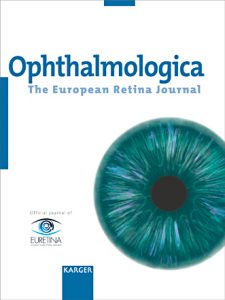Our Vision
ESCRS' mission is to educate and help our peers excel in our field.
Together, we are driving the field of ophthalmology forward.
Contact
ESCRS c/o MCI UK Ltd
Building 4000, Langstone Park
Langstone Road
Havant PO9 1SA
United Kingdom
Phone: +44 (0)1730 715 212
Email: escrs@ESCRS.org



